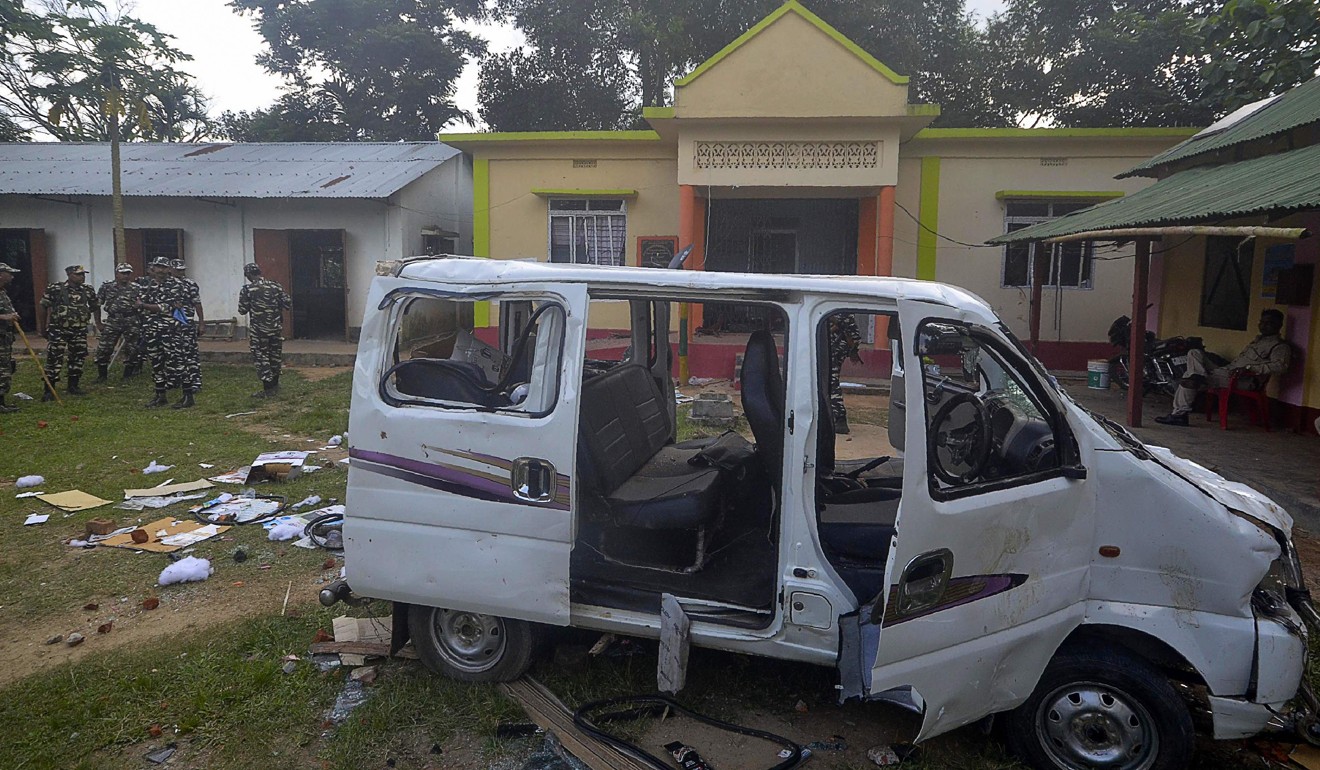
India demands WhatsApp curb spread of rumours after crazed mobs rampage
So far this year, false messages about child abductors on WhatsApp have helped to trigger mass beatings of more than a dozen people in India
India has told WhatsApp to take “immediate action” after a spate of horrific lynchings sparked by false rumours being shared on the hugely popular smartphone messaging service.
More than 25 people have been killed in India in recent months after rumours were spread on smartphones about child kidnappers, thieves and sexual predators.
The attacks – usually targeting outsiders – have left authorities scrambling to mount an effective response, with awareness campaigns and public alerts having limited effect.
A stern statement issued by the electronics and IT ministry late on Tuesday expressed the government’s “deep disapproval” to the senior management of WhatsApp over the “irresponsible and explosive messages”.
“The government has also conveyed in no uncertain terms that WhatsApp must take immediate action to end this menace,” it added.

The spate of lynchings started in May last year in eastern India after rumours on WhatsApp about child kidnappers led to the killing of six men.
The same misinformation has since resurfaced, with attacks reported in at least 11 states recently.
On Sunday, five men were bludgeoned to death in Maharashtra state by a crazed mob, and last week a “rumour buster” official tasked with warning the public against such hoaxes was killed in northeastern Tripura.
With more than 200 million users, India is WhatsApp’s biggest market. Its parent company Facebook has also been grappling with a global data privacy scandal.
WhatsApp said it does not want the platform to be used for spreading misinformation, adding the dissemination of false messages was a challenge that companies and society should address.

The firm also announced awards for researchers to explore misinformation related issues and share their proposals with the messaging service, its parent Facebook, academia and policymakers.
Facebook did not respond to a request for comment on the government’s statement.
WhatsApp previously told Reuters that it is educating users to identify fake news as well as considering changes to the service.
For example, there is now a public beta test that is labelling any forwarded message. Last week, it also introduced a new setting which allowed only the administrators or owners of groups to send messages.
Additional reporting by Reuters

.png?itok=arIb17P0)